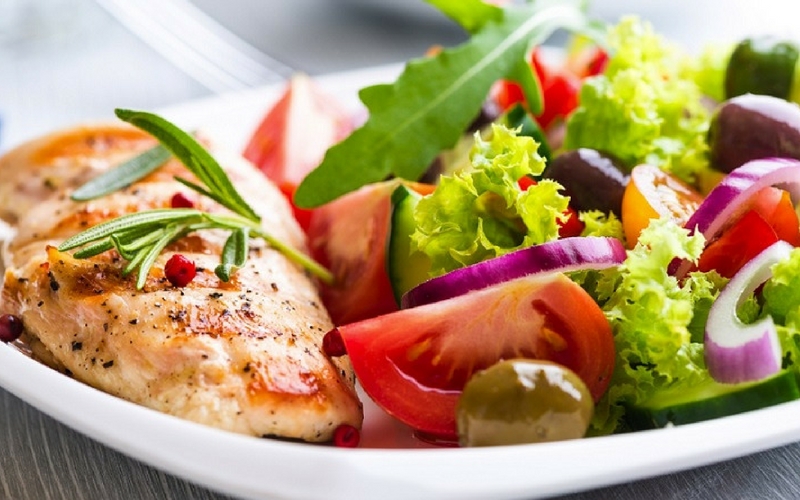I prefer my patients to try the methods I’ve outlined here and the ones below before we look at prescribing sleep supplements such as melatonin. Cleaning up your lifestyle and your eating habits will definitely make a difference to your sleep.
1. A banana before bed can aid sleep. They release natural chemicals to relax the body and help you fall asleep due to their calcium content. They contain tryptophan, which can be converted into serotonin by the body which can help you to feel sleepy.
2. Almonds are rich in magnesium, which is essential for a good night’s sleep. If magnesium levels are low, it is hard to stay asleep. You can also take a magnesium supplement to help you get to sleep.
3. Foods rich in B6 are fish like tuna, halibut and salmon, as well as raw garlic and pistachio nuts.
4. Certain foods that can raise the glycaemic index can induce sleep. This is because after eating them you have a natural spike in your blood sugar and insulin levels, and after this spike you can feel tired. Normally you want steady blood sugars in the day to avoid mood and energy swings, but if you are looking to get rest, this could help. Foods like white rice can help this process.
5. Chamomile tea really can help sleep. It contains glycine, which relaxes nerves and muscles and can act as a mild sedative and also help reduce any anxiety. A little bit of honey in your chamomile tea can help too as it raises insulin and tryptophan.
6. Avoid caffeine, sugar and alcohol. Caffeine and sugar shouldn’t be consumed late in the day as they have been proven to cause restless sleep. Consider making 2 p.m. your cut-off time for caffeinated drinks if you’re having trouble sleeping. Some people believe alcohol helps them sleep, but it actually leads to a less regenerative slumber, so the body doesn’t rest well and you feel tired the next day. This is because alcohol disturbs chemicals in the brain that help with the deeper patterns of sleep. What actually happens is that brain waves increase from small ones in Stage One to deep slow waves in Stage Four. Stage Four is the deepest level of sleep that makes us refreshed the next day. But as alcohol starts to wear off during the night, we experience more Stage Five sleep –known as Rapid Eye Movement (REM) –than Stage Four. During this period, there is a high level of brain activity. Although this stage is associated with dreaming, it is a lighter type of sleep which is not as refreshing as Stage Four –and can affect our mental performance and mood during the next day.
7. A few drops of lavender oil on the pillow are relaxing, but more than that is stimulating so use with caution.
MY ADVICE
Decide on 2 things from above to try and see if it helps your sleep.

